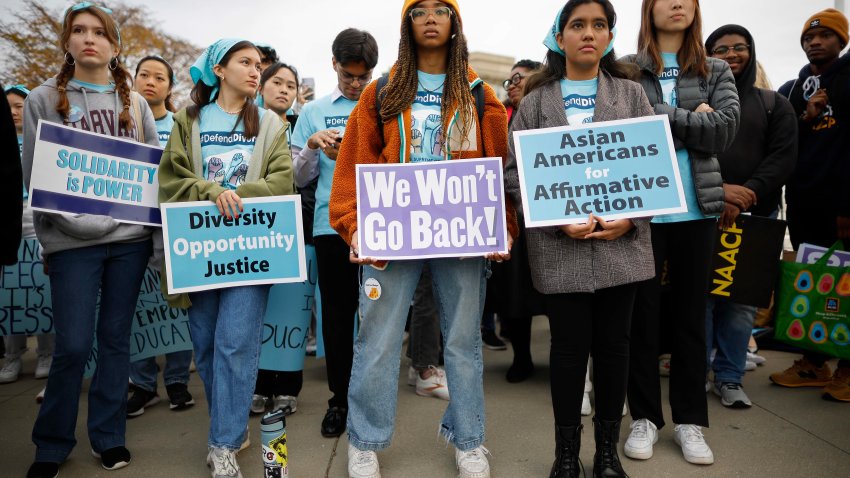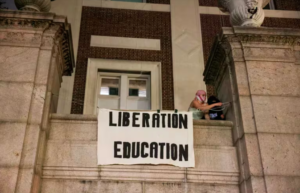
In a historic ruling that has been widely celebrated by conservatives, the United States Supreme Court today 06/29/2023 concluded that universities may not use race or ethnic origin as criteria in their admissions procedures.
Since the late 1960s, many elite universities have sought to improve the diversity of their student bodies by introducing affirmative action programs. However, the Supreme Court’s decision has effectively brought an end to these programs, ruling that they are unconstitutional.
The two cases that brought about the ruling centered on Harvard University and the University of North Carolina. The Supreme Court ruled that neither admission system sufficiently met the criterion of fairness in evaluating student applications, as any use of race was deemed to imply negative racial stereotypes.
Chief Justice John Roberts wrote the majority opinion, with Judge Sonia Sotomayor delivering a powerful dissenting opinion. In her dissent, Sotomayor warned that the decision to end race-based admissions policies “subverts the constitutional guarantee of equal protection by further entrenching racial inequality in education, the very foundation of our democratic government and pluralistic society.”
The ruling has been met with great excitement by the Republican party. Former President Donald Trump, who is currently running for a second term in the White House, referred to it as a “great day for America”, calling for college admissions to be based solely on merit. House of Representatives Minority Leader Kevin McCarthy also lauded the ruling, declaring it a victory for equality under the law.
The future of college admissions processes is now uncertain, and it remains unclear how universities can best address issues of diversity and representation while adhering to the principles of merit-based admissions decided by the court.
RELATED: La decisión de la Corte Suprema requiere nuevos esfuerzos de diversidad







